 |
| Matthew O'Keeffe and the Brixton Chamber Orchestra at The Ritzy, Brixton |
Film Orchestrated: Silent Slapsticks, Misha Mullov-Abbado, Matthew O'Keeffe; Brixton Chamber Orchestra, Matthew O'Keefe; Ritzy Cinema, Brixton
Reviewed 2 November 2023
Classic silent films from the 19th century through to the 1920s, provided with vividly engaging live soundtracks including some improvisation in an evening of wit, delight and sheer magic.
The Ritzy cinema in Brixton was built in 1911, one of England's first purpose-built cinemas and as such, designed for films to be shown with live music. We are used to modern blockbuster films appearing in the concert hall with live orchestral scores but the era of Thames Silents, with Carl Davis conducting a huge score to accompany a major silent film, seems to be over. The Ritzy's Film Orchestrated series aims to reclaim that.
For the latest instalment, Silent Slapsticks, the Brixton Chamber Orchestra, music director Matthew O'Keeffe, was on hand to provide accompaniment to a compilation of early shorts, Buster Keaton's The Goat, Charlie Chaplin's Behind the Screen, Douglas Fairbanks' The Mark of Zorro and a surprise addition that brought the programme into the present day. Misha Mullov-Abbado, who played double bass in the orchestra, provided the new soundtracks for the compilation of shorts and for the Chaplin, Matthew O'Keeffe provided the new soundtrack for the Buster Keaton, and the Fairbanks' film had an improvised accompaniment. The comedian Darran Griffiths was compere, providing a lively introduction and link passages, as well as giving an improvised mis-commentary for The Mark of Zorro. But his role was rather increased due to technical problems and he rose to the occasion.


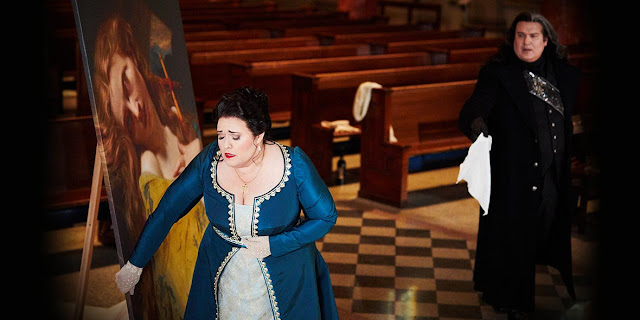


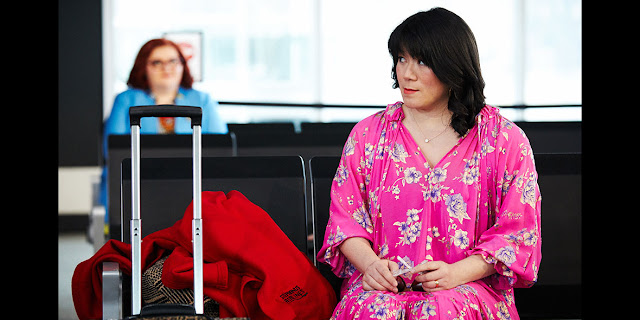

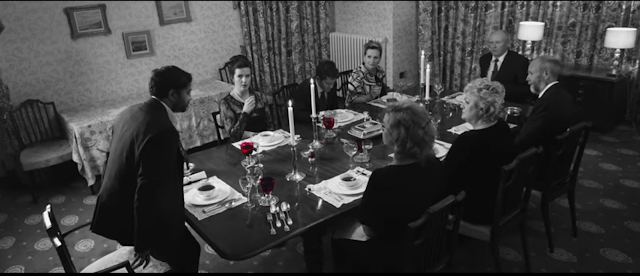



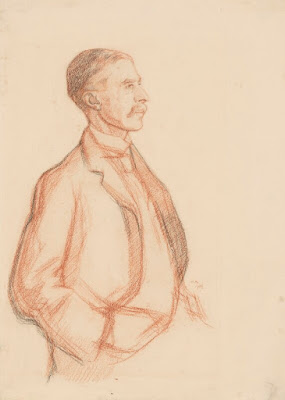



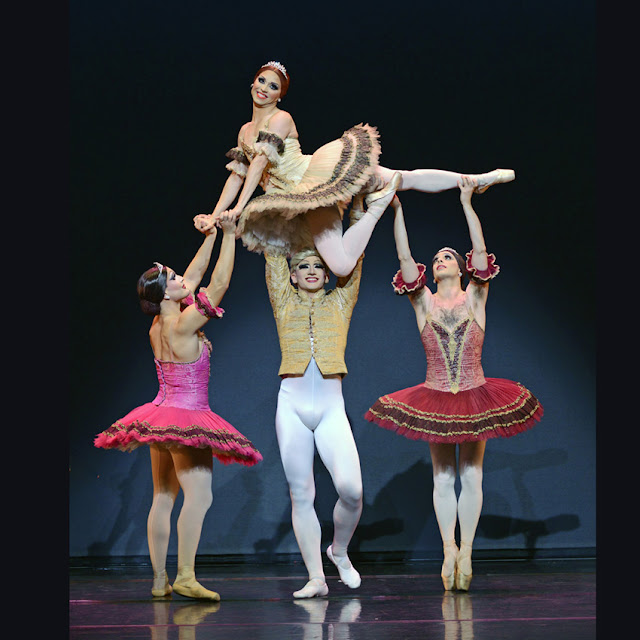







.jpg)

.jpeg)





.jpeg)